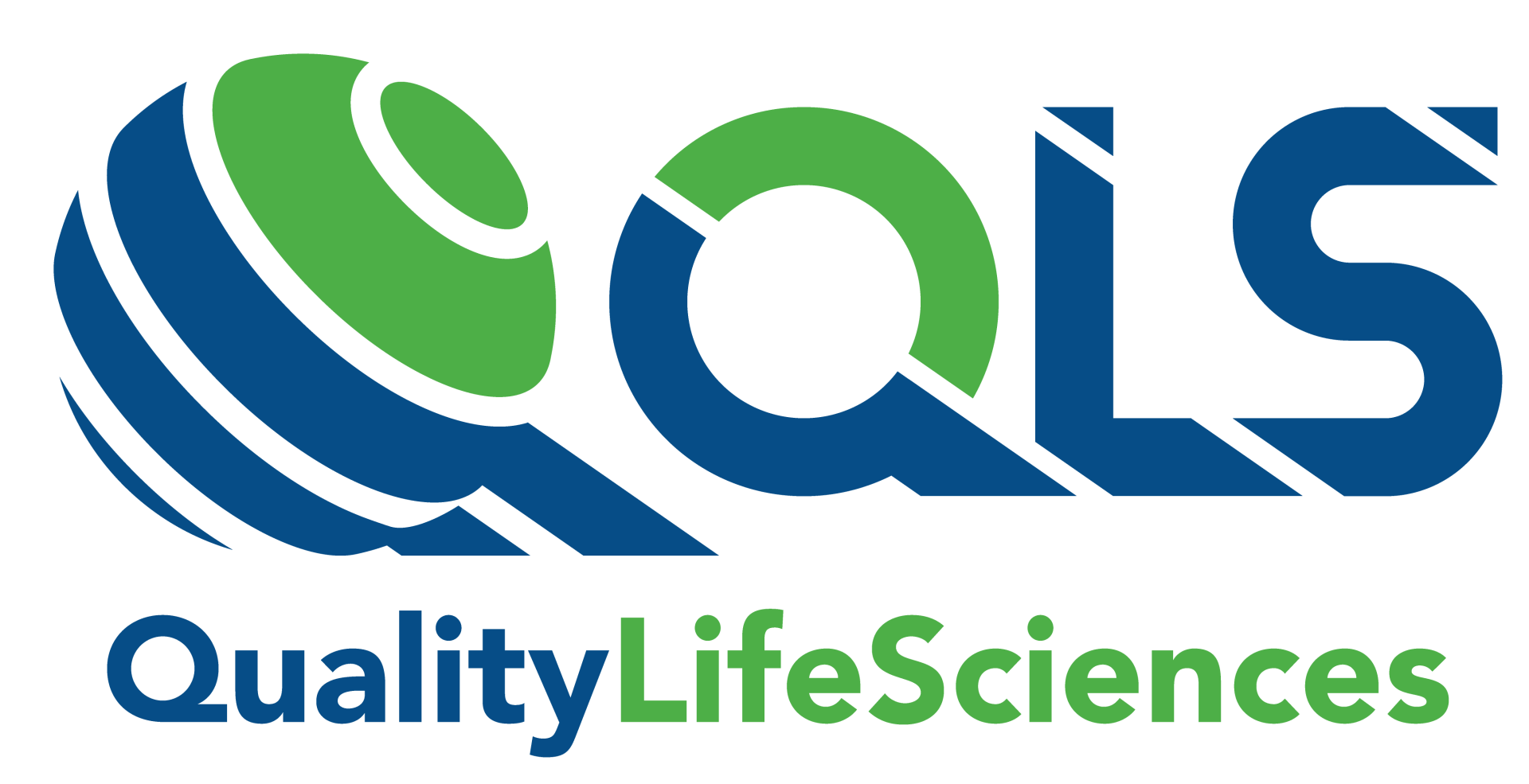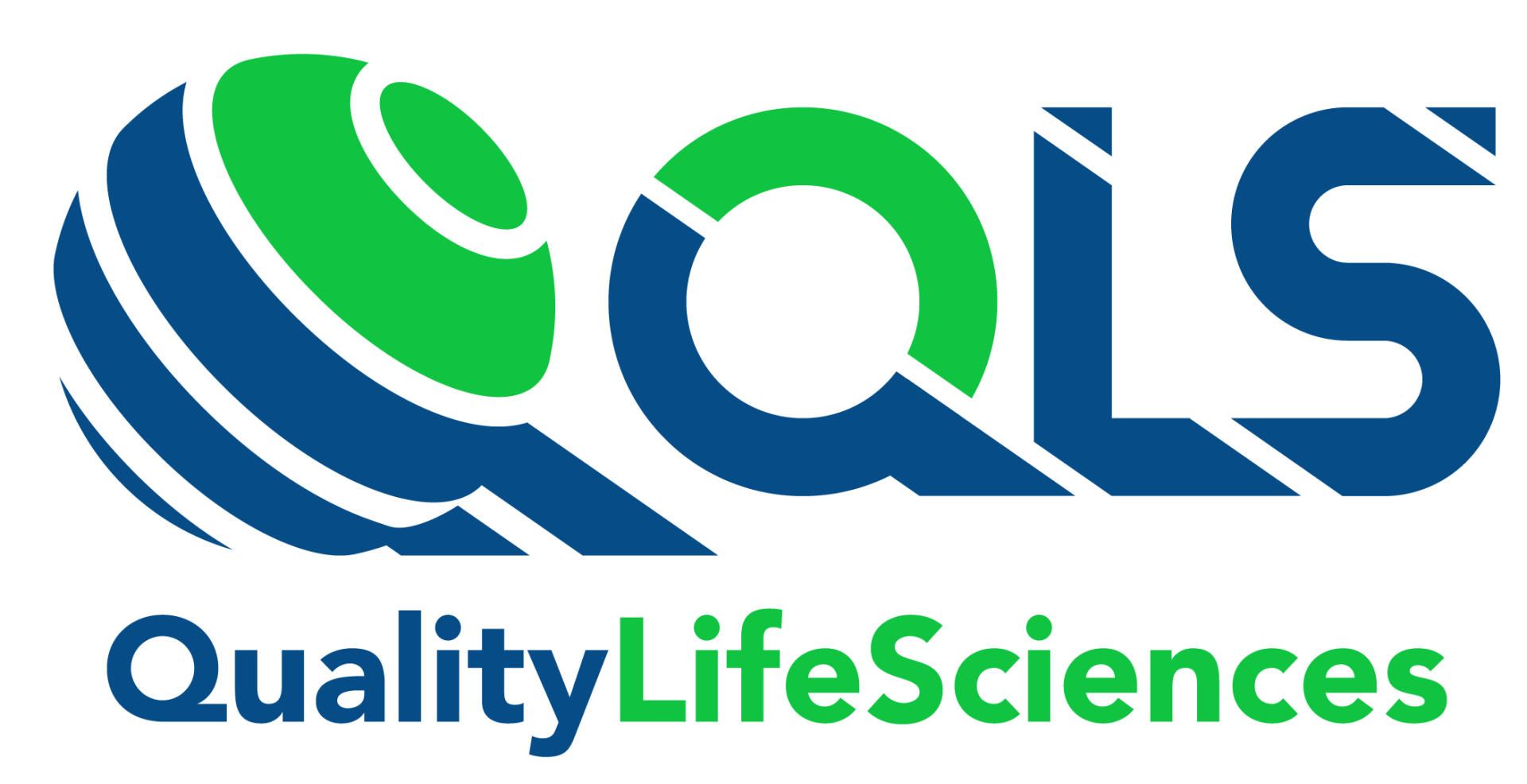meuemail@provedor.com
Food and food supplements
In the food sector, Anvisa coordinates, supervises and controls the activities of registration, inspection, inspection and risk control, being responsible for establishing norms and standards of quality and identity to be observed. The objective is to guarantee food safety and quality, including beverages, bottled water, ingredients, raw materials, food additives and technology aids, materials in contact with food, contaminants, veterinary medicine residues, labeling and technological innovations in products the food area.
Anvisa does not issue an Operating Authorization (AFE) in the food area. In order to regularize food establishments, it is necessary to obtain a health license or permit from the local Health Surveillance Agency and food companies must comply with Good Manufacturing Practices (GMP) that cover a set of measures that must be adopted by food industries and food services to ensure sanitary quality and food compliance with technical regulations.
Federal health legislation regulates these measures in general, applicable to all types of food industry and food service, and also specific, aimed at industries that process certain categories of food.
It is incumbent upon the State and Municipal Health Surveillance Services to establish complementary norms, in order to cover health aspects more specific to their locality, and cannot contradict federal norms.
Anvisa created the category of dietary supplements that aimed to contribute to the population's access to safe and quality food supplements; reduce the information asymmetry in this market; facilitate sanitary control and risk management of these products, eliminate unnecessary obstacles to marketing and innovation and simplify the current regulatory stock.
Food supplements brought together in a single category most of the products that were classified into six different categories of food and one of medicines.
Food supplements must be developed and produced in order to ensure the maintenance of their characteristics until the end of the expiration date, considering the instructions for conservation and the method of preparation indicated by the manufacturer, are products for oral ingestion, presented in pharmaceutical forms, intended to supplement the diet of healthy individuals with nutrients, bioactive substances, enzymes or probiotics, isolated or combined.
Substances considered as doping by the World Anti-Doping Agency, substances subject to special control, substances obtained from species that cannot be used in the composition of traditional herbal products and partially hydrogenated oils and fats are not allowed in the composition of food supplements.
The minimum and maximum limits must be met in the daily recommendation of consumption of the product for the respective population groups indicated by the manufacturer.
In order to differentiate a therapeutic indication from established claims for dietary supplements for correct regularization of products in the area of medicines and foods, only specific products with well-established therapeutic indications and different from the established claims for food supplements should be considered as specific medicines. In order to differentiate such indications, it is necessary to clarify that claims established for food are those that describe the metabolic and physiological role of the constituent in the human organism, in contrast, drug claims describe the effect of the substance in the treatment, cure or prophylaxis of the disease.
Only supplements containing enzymes or probiotics must be registered with Anvisa, the rest must be notified.
Check out our other areas of expertise
- Medicines
- Health Products / Medicinal Devices
- Personal hygiene, cosmetics and perfumes
- Sanitizing and household cleaning products
- Veterinary products
Do you want to bring your product to Brazil?
Fill out the form below and our team of experts will contact you to help you with this process.
Sign up to receive our Newsletter
Founded in Brazil with the objective of contributing to the import, registration and responsible hosting of international products.
Our services allow new products to enter the Brazilian market, facilitating new business and expanding your brand, always efficiently and effectively.
About Us
Contact
Phone
- +55 11 97134 4837
- +55 11 99792 5322
contact@qlsbrazil.com
Address
355 Piraíba Av – Room 7A
Jubran Commercial Center
Barueri, São Paulo - Brazil
CEP: 06.460-121
Areas of expertise
Useful links
All rights reserved | Quality Life Sciences






